Fan to freelance writer. Sam Hudspith muses over the role of the football fan and the culture surrounding them in today’s turbulent socio-political environment. Explaining his journey in becoming a freelance journalist within the industry, leading to a shift in perspective, we introduce our newest writer.
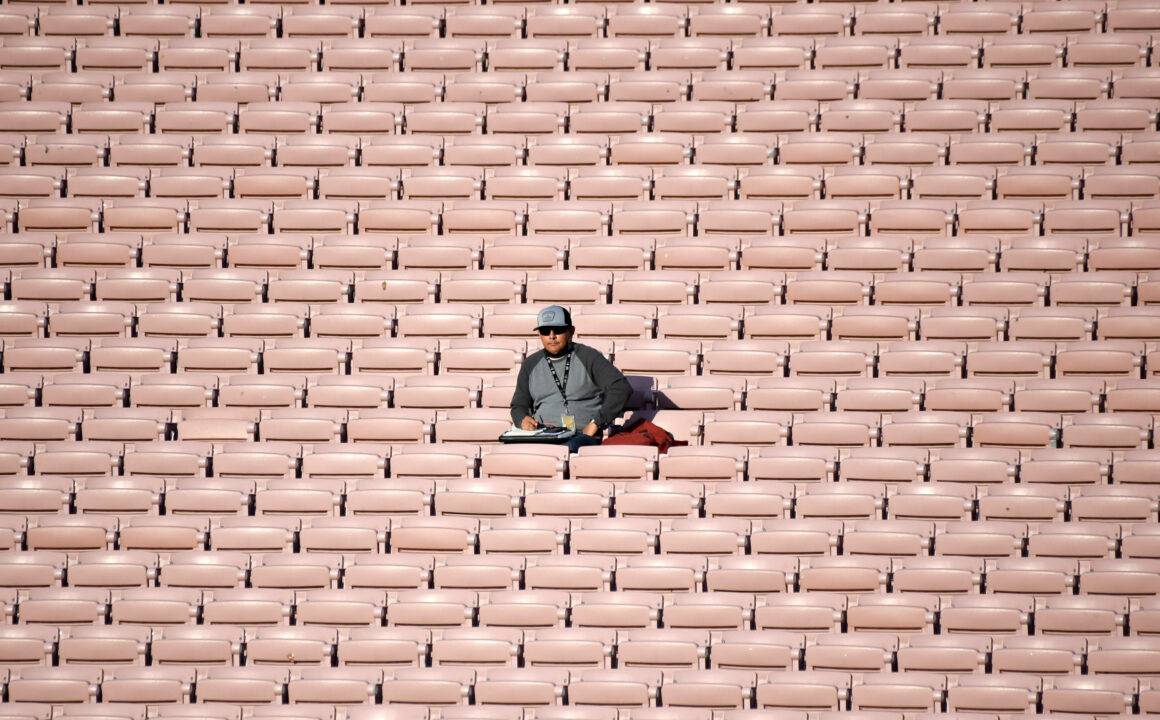
Football Journalism during COVID-19 by Sam Hudspith
A freelance sports and sports business writer, Sam Hudspith recently went from a supporter in the stadium to a professional within the football industry. Will he ever view the game the same way again? Stating “being a football journalist during COVID-19 breaks down the human/footballer barrier”, his journey has provided a sense of enlightenment. Debating the culture that surrounds football fans – a topic rife after the announcement and cancellation of the Super League – Sam Hudspith dives into both the behaviour and politics of his journalistic role, bridging the gap between supporters and clubs in this piece. Read about Sam Hudspith story and get to know our newest editorial writer for IMAGO’s sporting section.
By Sam Hudspith.
‘It’s funny. When you talk to them – these managers and players who, for thousands of people, are idols – you realise that they’re no different in many ways to you and me’.
That – or something to that sentiment, at least – is what I said to a friend after covering my first match as an accredited freelance football journalist some months ago.
Having set out as a freelance writer just over a year ago, content writing and copywriting about virtually every topic you could name in some form or another, what I could not have foreseen was that within 12 months of first putting pen to paper (or, rather, finger to keyboard), I’d be in a position where I’d be covering live football – my hometown team included.
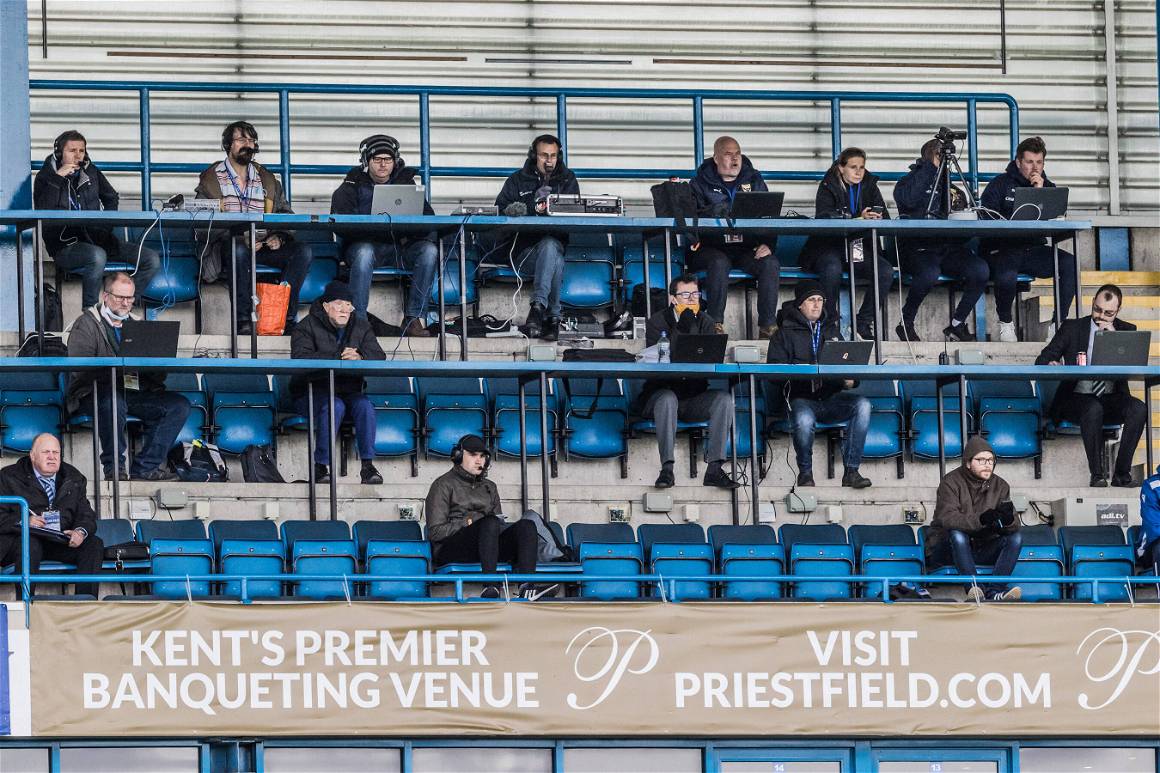
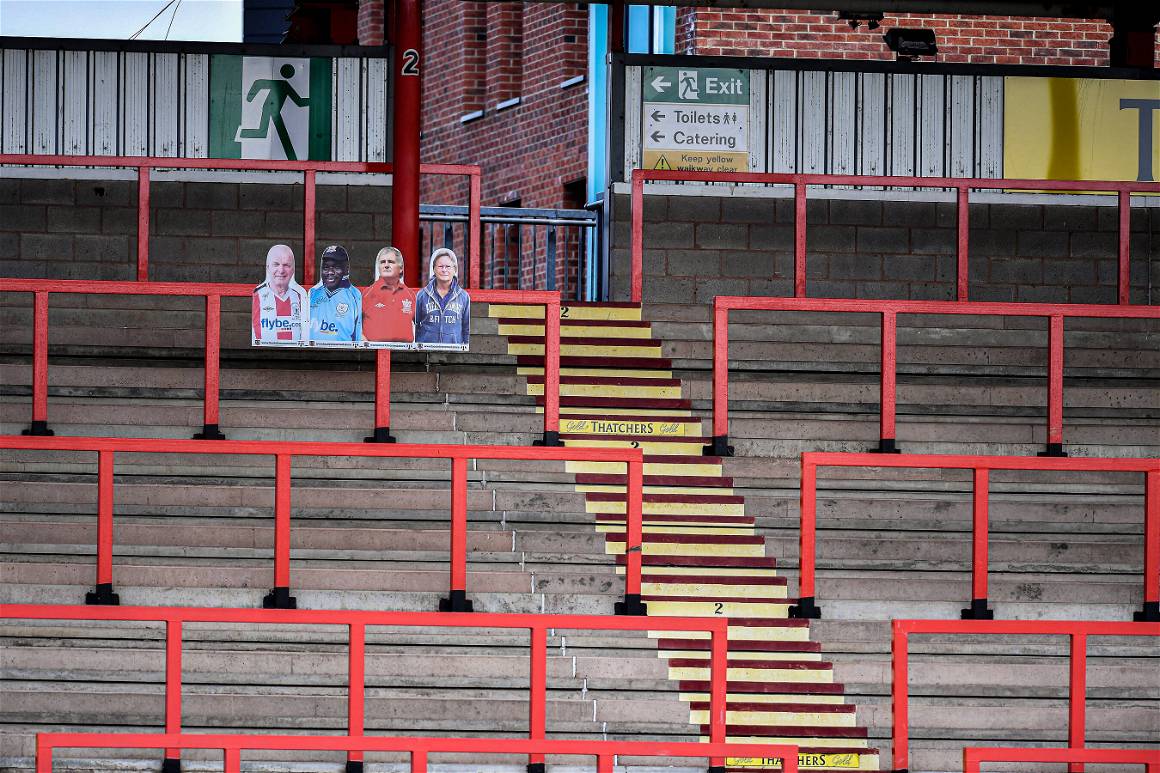
Given the damaging impact on spectator-attended sporting events wrought by the COVID-19 pandemic, the idea of covering live football had become even less realistic. I assumed that media outlets wouldn’t necessarily be looking to get more journalists accredited, mainly because of the work-from-home rules in place in the UK for the best part of 2020 and virtually all of 2021 to date.
In a welcome turn of events, however, I was proven wrong. A few emails and several blog posts later saw me at my first EFL match within about two months of joining the team at Prost International. And, so far, what an experience it has been – for so many reasons.
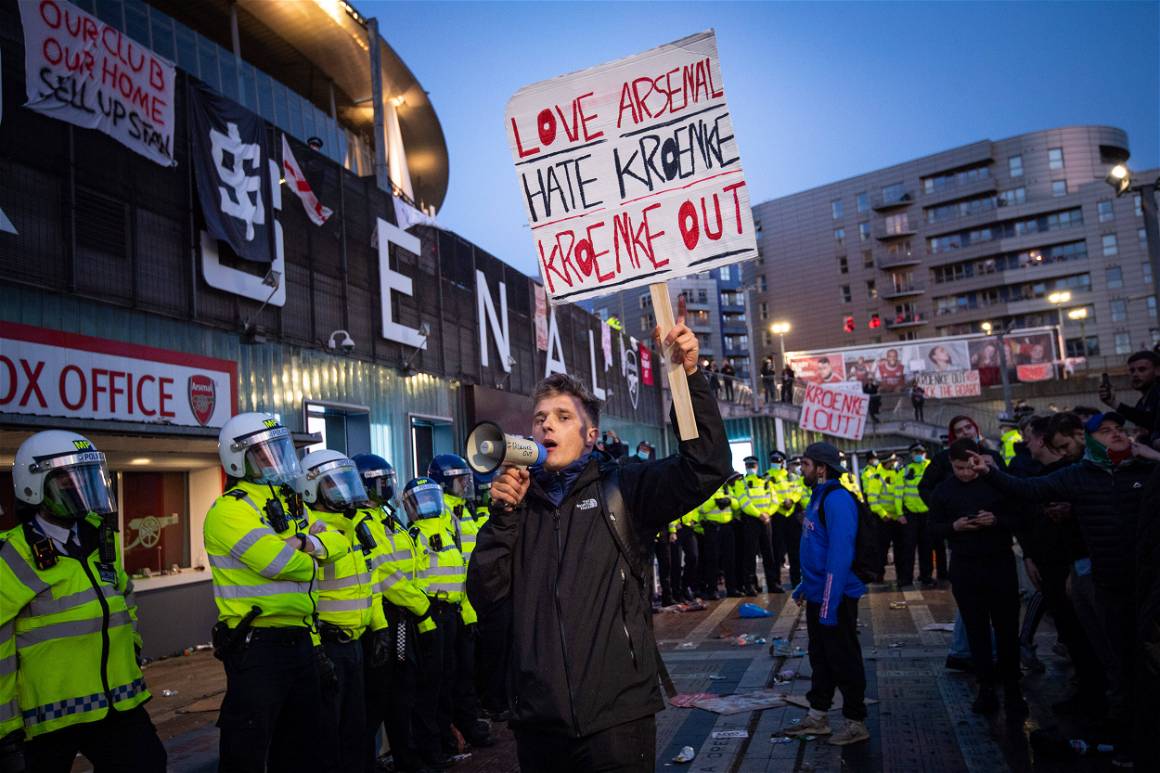
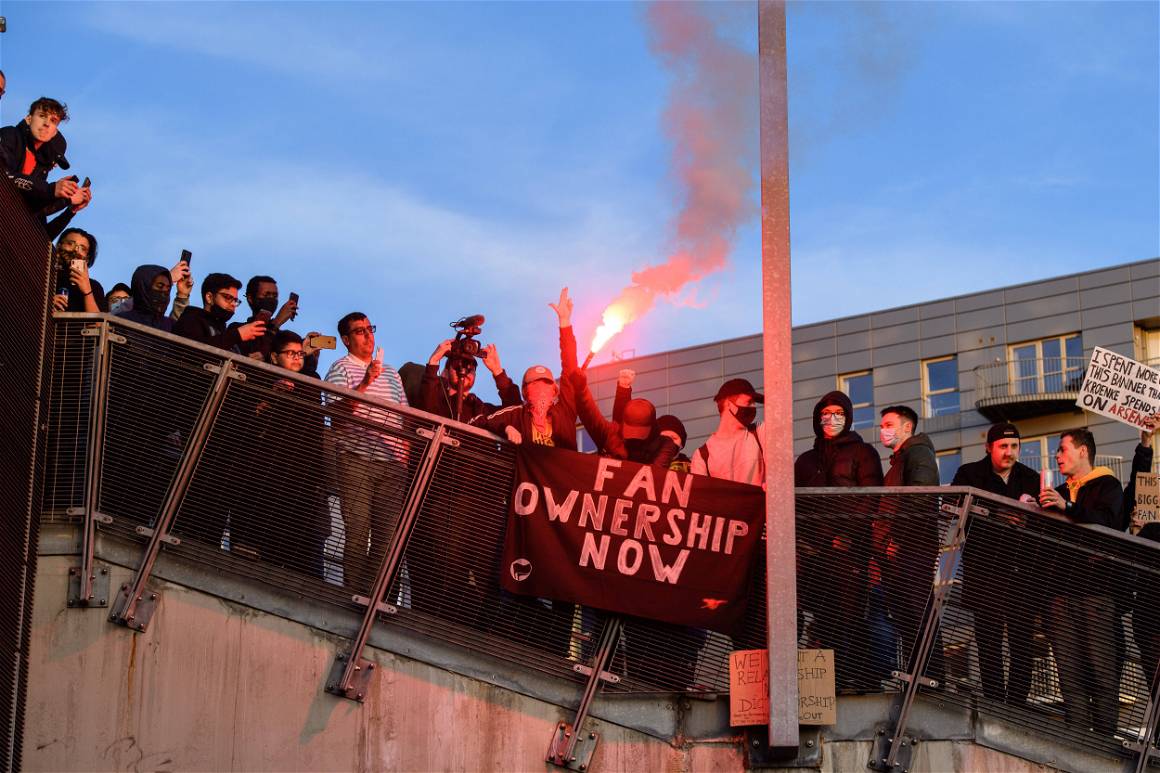
The atmosphere around football in the present day is somewhat volatile. For that matter, so is the general socio-political climate.
Not a day seems to pass at the moment without news of some form of abuse online against footballers, protest-related incidents both in the US and the UK, or other dispiriting headlines splashed across the front pages of the papers. A negative climate of societal division seems to have built up over the course of the pandemic, alongside the tragic loss of life to the virus itself.
Yet, if anything good has come from the last year, it’s an increased awareness. A growing understanding of why we must value those around us, and an increased awareness of the very real issues of racism, sexism, and other social issues that sadly still exist in the 21st century.
Countless incidents of, especially, racist abuse online against black footballers have seen players – and in the case of Birmingham City and Swansea City, clubs, too – boycotting social media due to the pandemic within the pandemic of hate against professional sportspeople that seems to have erupted in the last few months. Targeted, senseless abuse seems to be commonplace on social networks, in the footballing sphere more than anywhere, sadly.
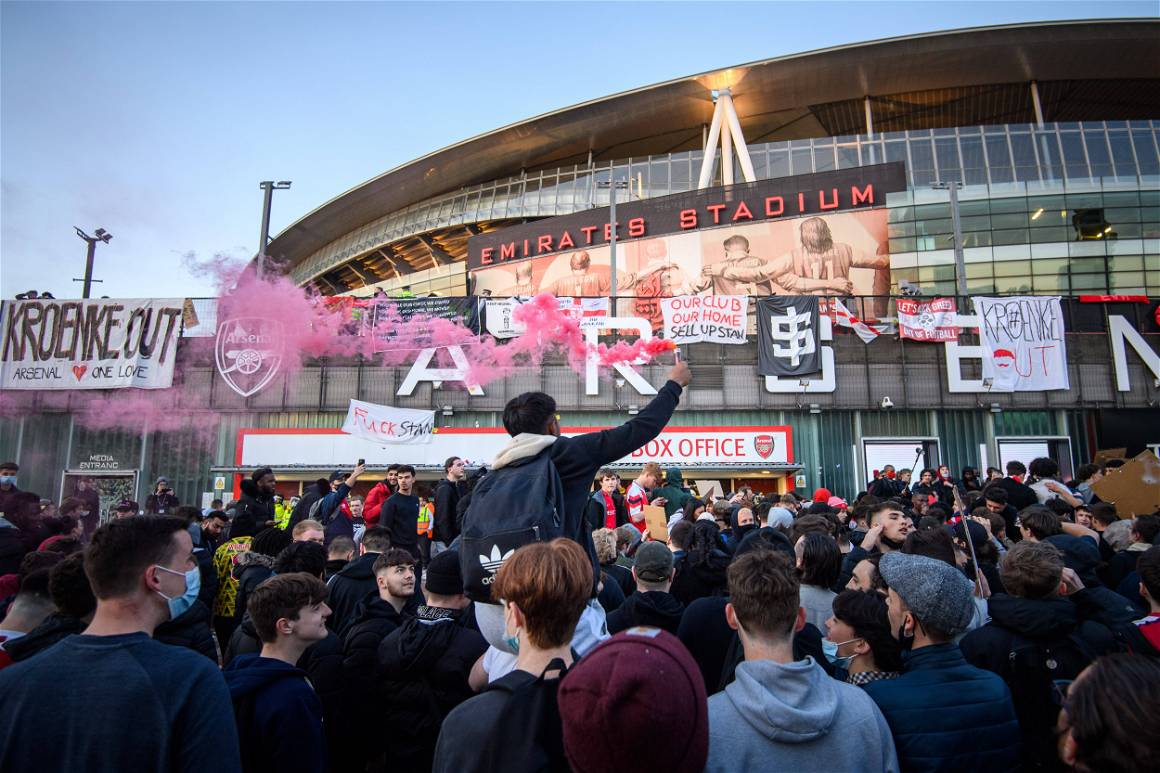
Football is an emotional game. In reality, it’s a rather simple spectacle, but one that most definitely isn’t ‘simple’ to millions and millions of people around the globe.
Human beings are naturally intelligent creatures. Intelligence creates emotion, and emotion can often boil over. People say things that they don’t mean, and do things that, normally, they wouldn’t do. In football, however, the problems are anchored far deeper than a one-off, distasteful comment.
The loss of fans in stadia around the world has concentrated the emotions of the game to iPads, laptops, mobile phones and televisions. Fans cannot vent their emotions in the moment, at a stadium, and thus, things build up. Happiness, sadness, anger, frustration and more then all meet at one often dark, dismal, and addictive place. The one place where things never really disappear – social media.
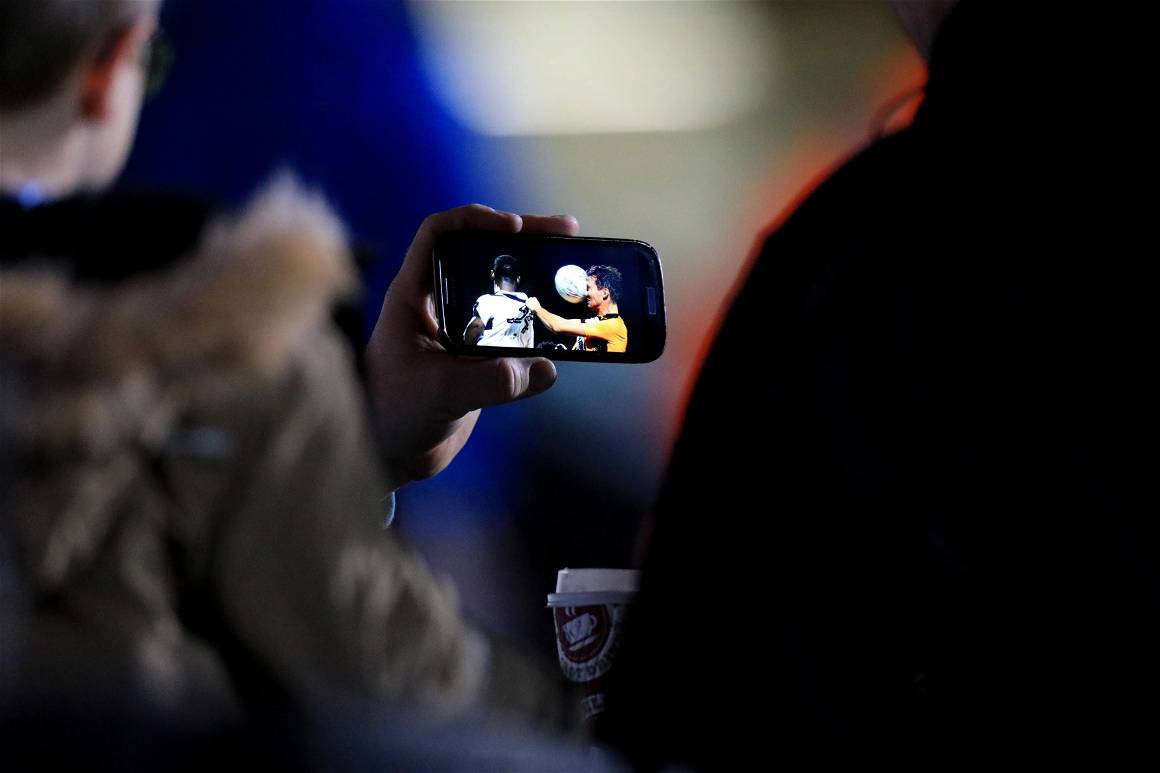
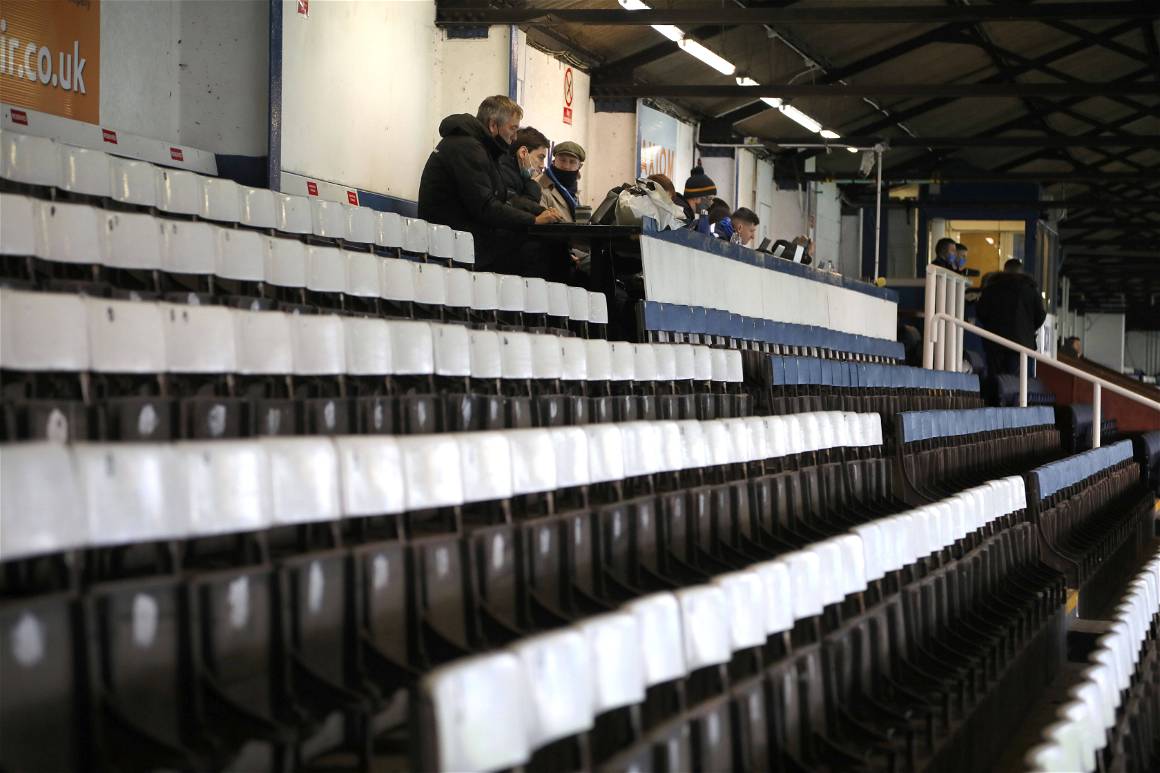
Journalists bridge the gap between the many and the few. Within football, journalists have the most exclusive access to footballers and their clubs – at least if you’re any good at your job, that is. It is a privilege to have such connections, and talk face to face, with people who have achieved such success in their field.
Stardom is easy to come by in the beautiful game. Even those playing in the lower leagues will be a hero to one little boy or girl, despite not possessing the face of Ronaldo, the feet of Messi or the glam of David Beckham. But that stardom completely evaporates from them for a journalist. Not in a disrespectful way, but in a rather enlightening one.
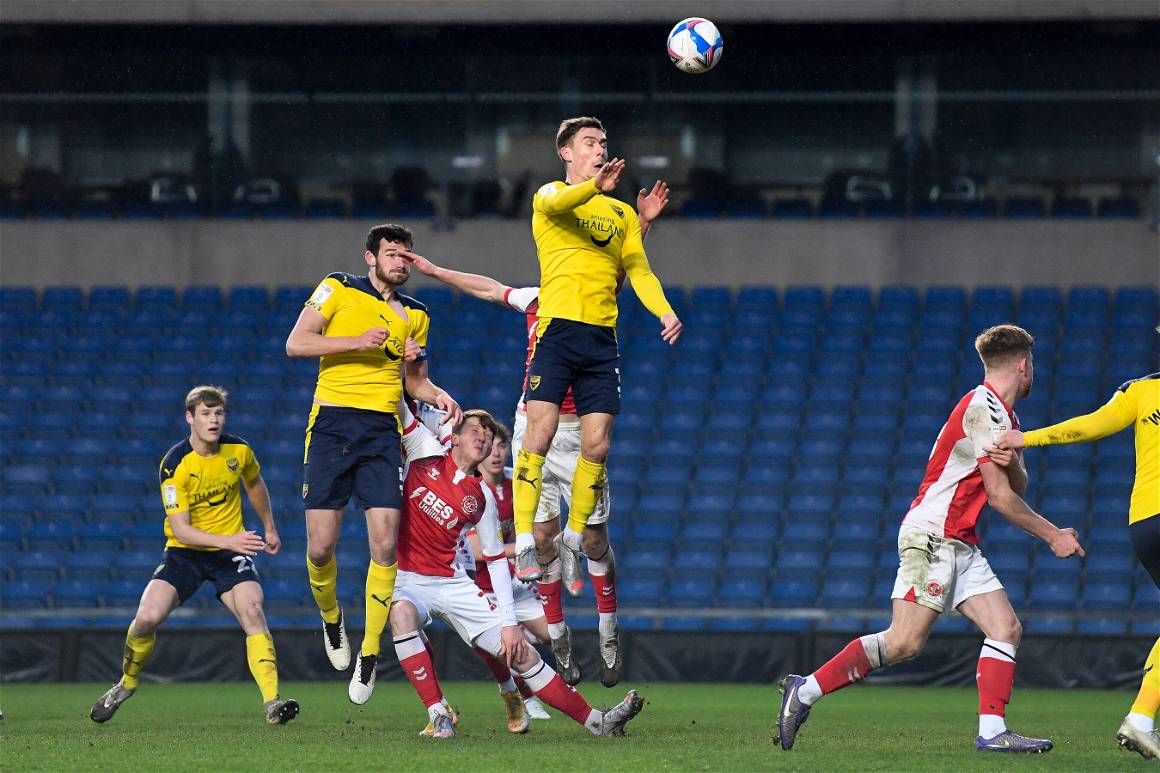
The first post-match interview I ever conducted exemplified this.
It was late January in South-East England, which means only one thing – bitterly cold evenings and nights. Oxford United were playing Fleetwood Town and were 1-0 up in the dying minutes. They held out for a win, although the three minutes of stoppage time at the end of the ninety probably felt longer for those of us nearing hypothermia on the press gantry than for the adrenaline-fuelled players and staff on the pitch and the benches.
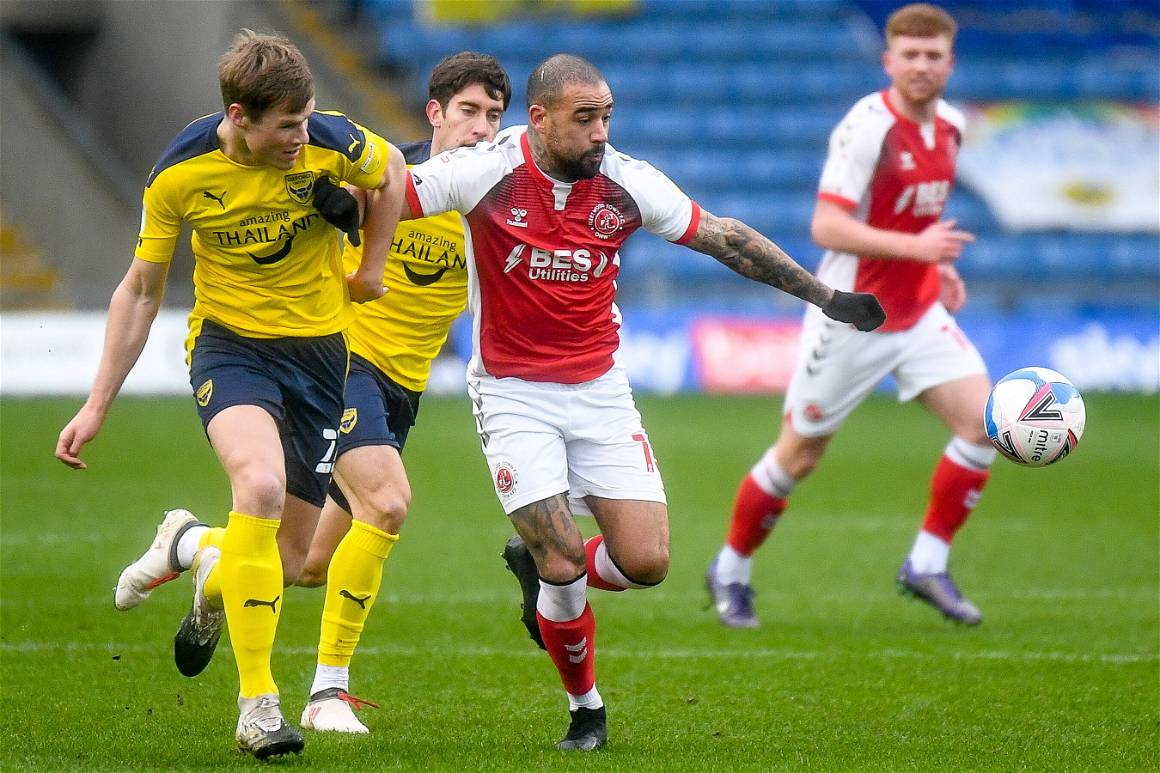
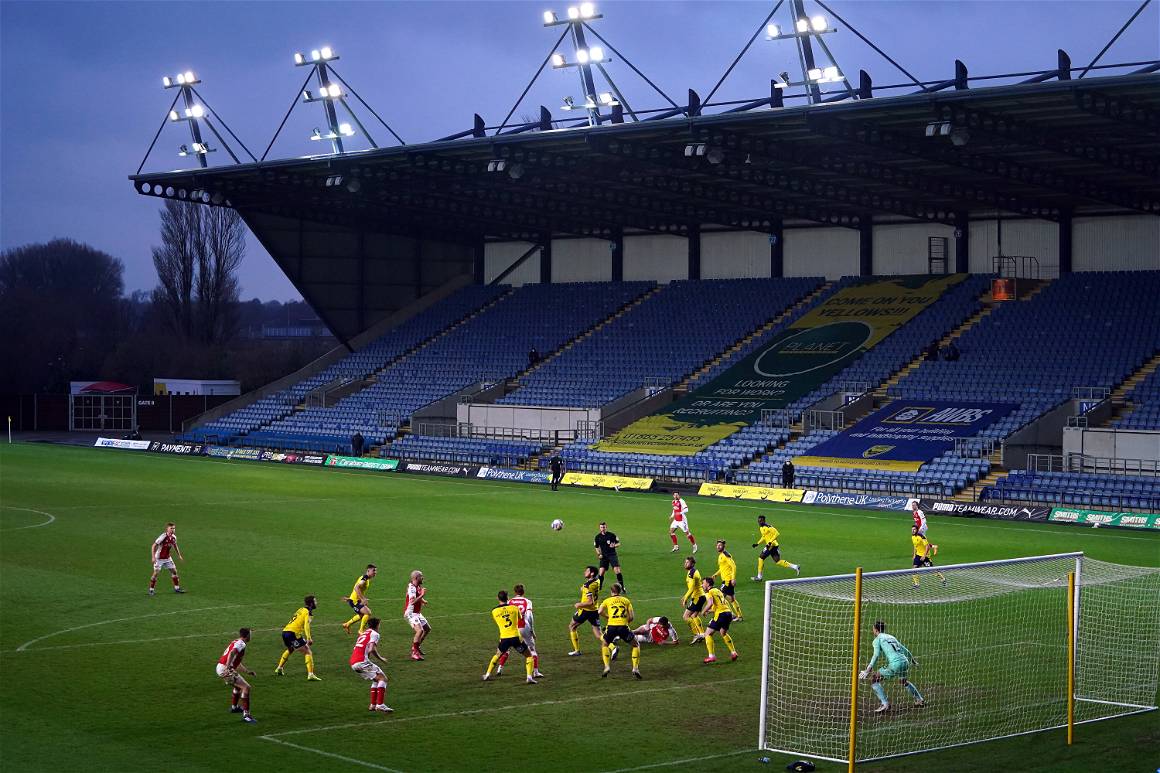
Come full time, Oxford’s manager came out to the interview area set up just alongside the dugout. I was nervous, naturally, but within seconds it became blatantly obvious that there was little to worry about. It was simply one man talking about football with a bunch of other men talking about football.
Driving home, it was rather refreshing to think back to the interview and to appreciate that, in the flesh, the manager in question – who will have been asked for countless autographs and pictures from fans of the various clubs he’s managed – was simply somebody at work, doing their job. In a way, no different to the rest of us.
Respectfully, Oxford’s manager isn’t a Pep Guardiola or Jurgen Klopp. But that matters little. There are fans of Oxford who would love to get the chance to speak to him. To understand his thinking. To, simply, chat football. As a football journalist, you get the privilege of doing all those things.
The same feeling was echoed at other clubs I’ve since covered – being in a Zoom call with Wayne Rooney is definitely not something that I’d ever thought my Easter Monday 2021 would have consisted of.
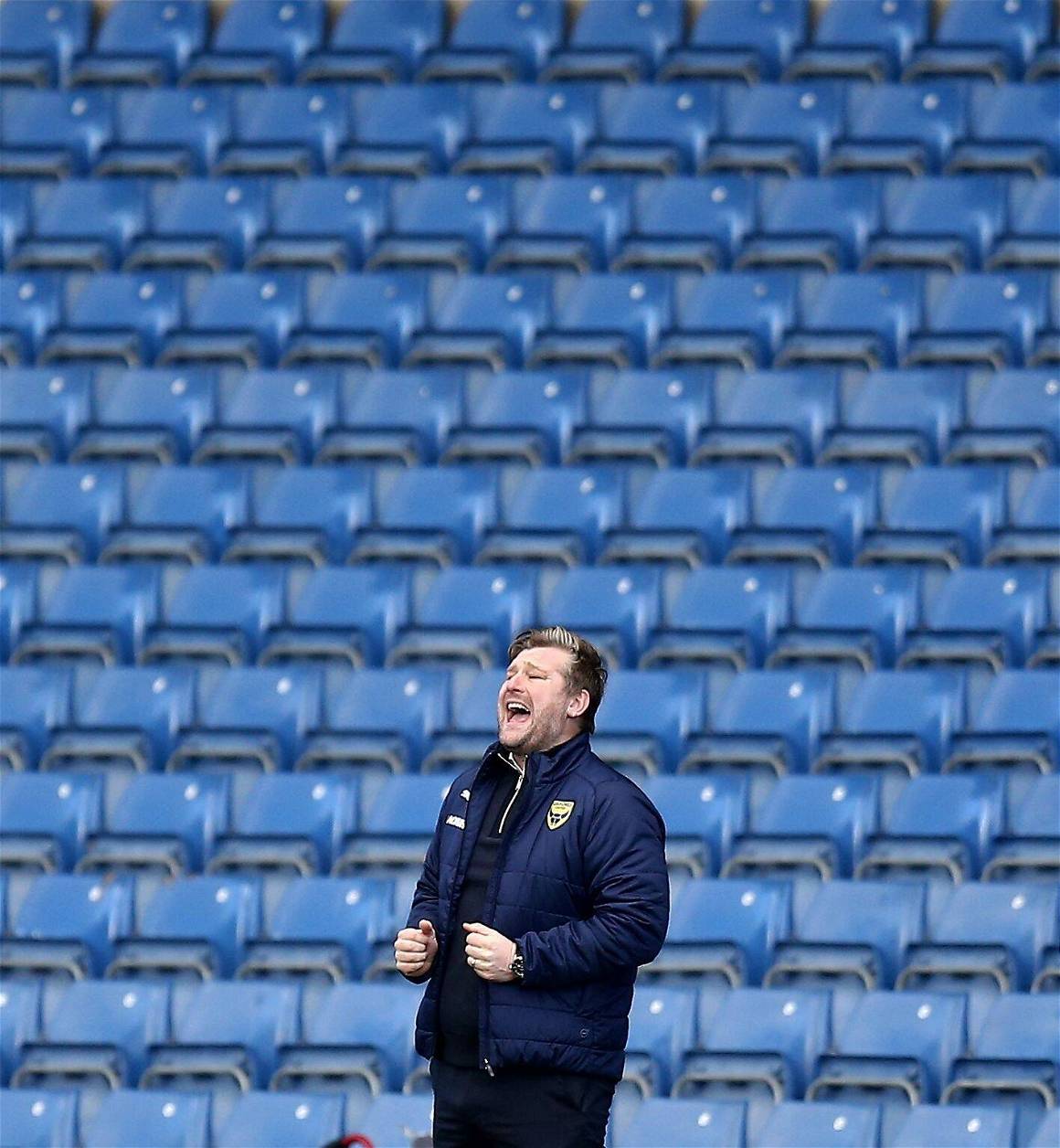
At the crux of it, though, being a football journalist during COVID-19 breaks down the human/footballer barrier in a way that I don’t believe it would have during ‘normal’ times. As such, it will be difficult going back to being ‘just a fan’ if and when the time comes. You simply see things in a different way – a feeling I know is shared by colleagues I’ve met at various games.
Being a football journalist during these strange, unprecedented times, shifts your perspective. When I see some of the abhorrent things written on social media, I don’t necessarily view it through the lens of a fan anymore. Rightly or wrongly, I know that I can’t treat football as I did six months ago. But I’d like to think that it’s for the better.
Covering live football teaches you something that many football fans, and the public in general, need to learn. And that is that the people you see on the pitch are just that – people.
Sam Hudspith is a freelance sports/sports business content writer, copywriter, and EFL and Premier League accredited journalist. He also runs www.thegoalkeepingblog.com a site centred on the misunderstood men between the sticks. You can find Sam Hudspith on Twitter @samhudspith, probably talking about Reading FC or politics.


